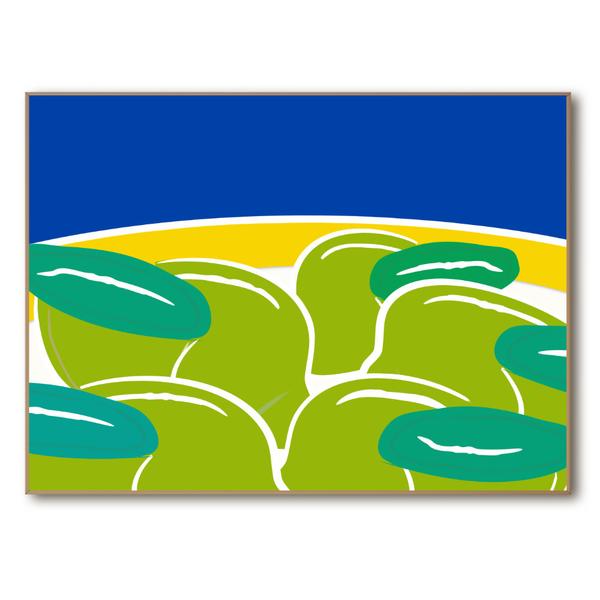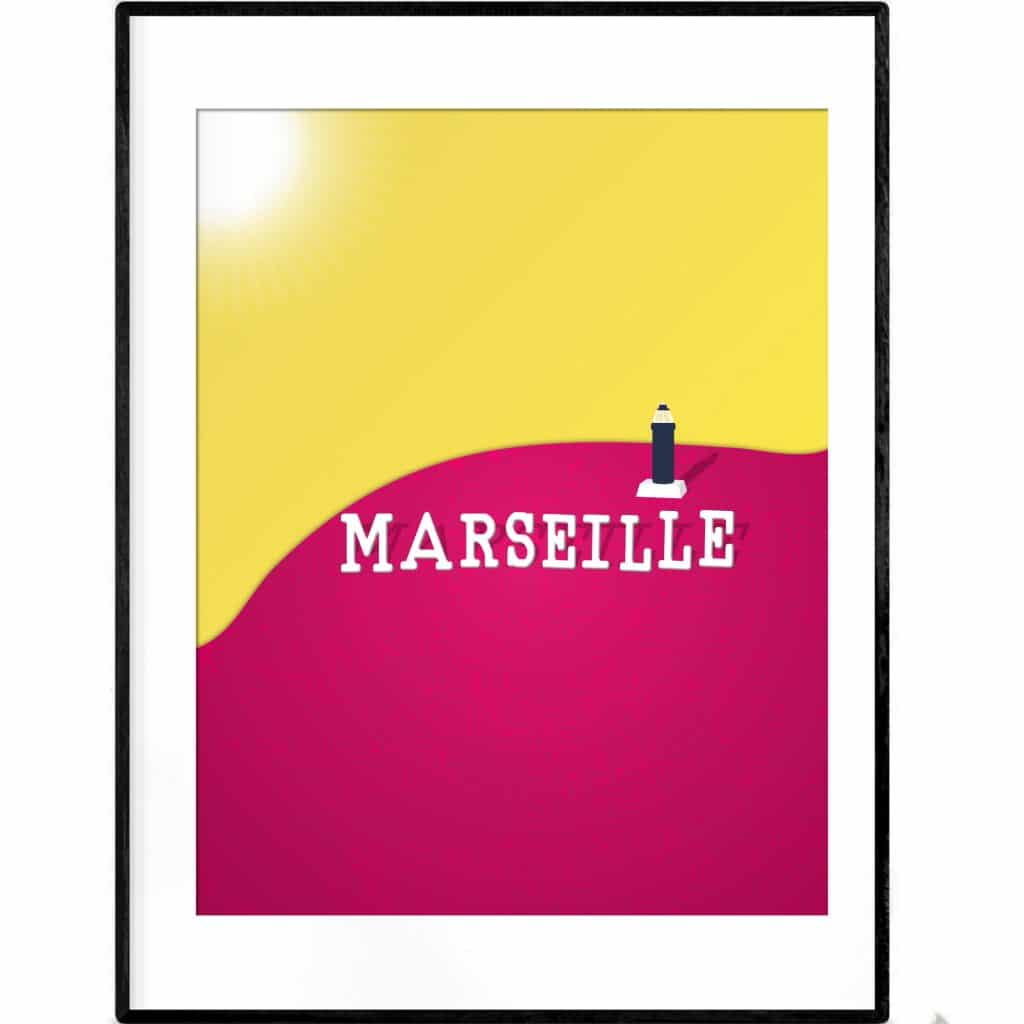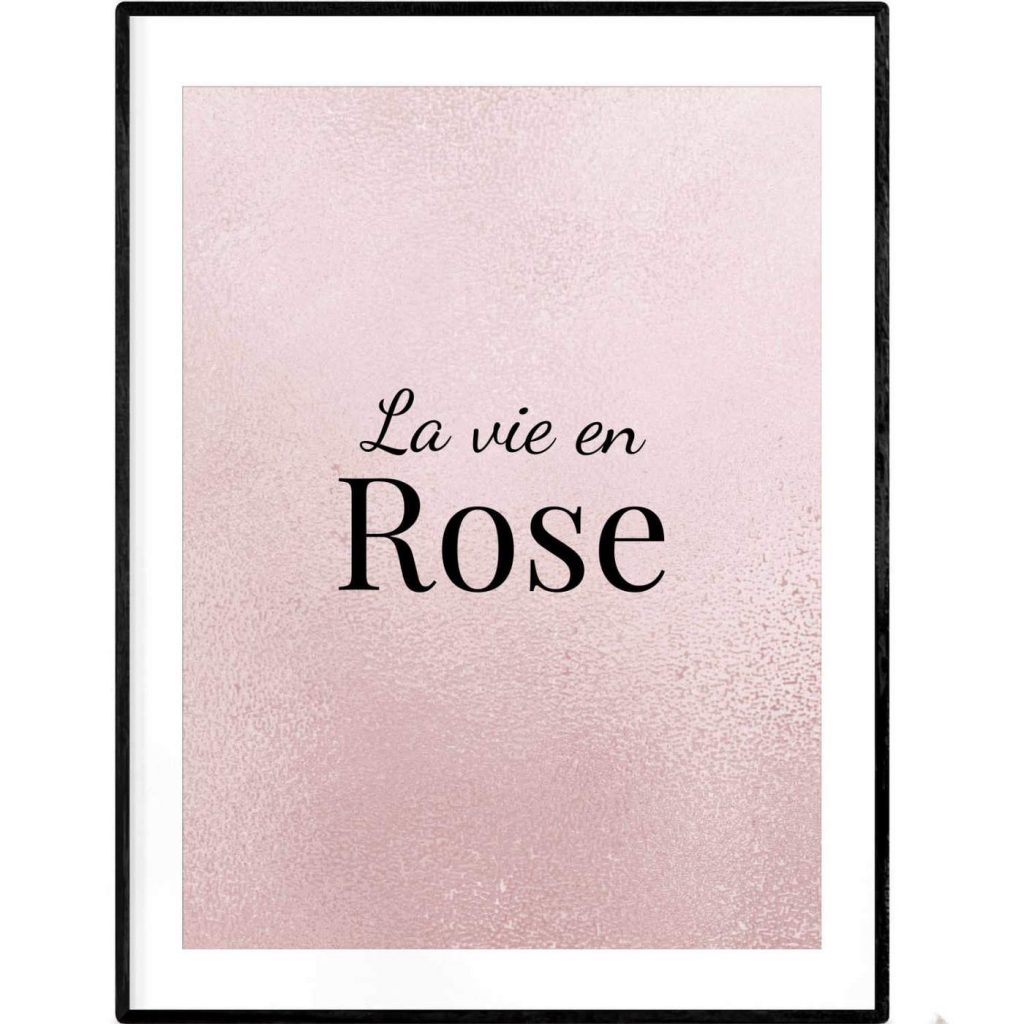Linguists say you can’t really understand a culture until you understand their expressions. And when it comes to funny French phrases and idioms, that really gives you an insight into the French psyche. From “fingers in the nose” to “having a cockroach”, here are the funniest French idioms that are used in daily life.

Funny French Phrases used daily
1. Casser les oreilles
English Translation: Breaking my ears
Meaning: Making a lot of noise and disturbing me
You may not think it is possible to break your ears, but in French it is. “Oof, arrêtes de jouer le piano, ça me casse les oreilles“, meaning “oof, stop playing the piano, it is hurting my ears.”
2. Être dans le cirage
English Translation: To be in the shoe polish
Meaning: To be half-asleep; to have your head in the clouds
“Faites attention! Il me semble que vous êtes dans le cirage“, meaning “Pay attention! It seems to me that your head is in the clouds. The English version of this funny French phrase would be “to be in cuckooland”.
3. Petit andouille
English Translation: Little sausage
Meaning: Silly little one
“Qu’est-ce que tu fais, petit andouille?!“, meaning “what are you doing, little one?!” If you have a small child, you can just imagine this as a term of endearment.
4. Tomber dans les pommes
English Translation: to fall in the apples
Meaning: to be shocked, to faint figuratively
“Elle était tellement choqué, elle est tombée dans les pommes!” meaning “she was so shocked, she practically fainted!” The English version would be “fell off her chair.”
☞ READ MORE: French Food Expressions: 32 Fabulous Idioms about French Cuisine

5. Il y a quelque chose qui cloche
English Translation: There is something that rings
Meaning: There is something not quite right
“Je ne sais pas si je le crois, il y a quelque chose qui cloche“, meaning “I’m not sure if I believe him, (I sense) there is something not right.”
6. Donner un coup de main
English Translation: To give a knock on the hand
Meaning: To lend a hand
“Tu veux que je te donne un coup de main?“, meaning “do you want me to lend you a hand?”
☞ READ MORE: Funny and Interesting Quotes about France
7. Être au taquet
English Translation: To be at a wedge (piece of wood)
Meaning: To be on top form/ To give it your best shot
“Tu es prêt pour demain? Il faut être au taquet!” meaning “are you ready for tomorrow? You are going to have to give it your best!”
☞ READ MORE: French inspirational quotes: 21 Proverbs to motivate and enjoy
8. Avoir la patate / la pêche
English Translation: Have a potato / a peach
Meaning: to be energized and excited.
“Oula, tu as la patate! Pourquoi t’es si souriant?” meaning “Oooh, you look excited. Why are you smiling so much?”
☞ READ MORE: French Food Quotes: 21 Proverbs too delicious for words
By the way, Oula was not a word, but a sound. You can find more funny French words and sounds here.
9. Avoir la gueule de bois
English Translation: Have a wooden mouth
Meaning: To be hungover
“Le lendemain aprés l’enterrement de vie de garçon, je me suis réveillé avec une horrible gueule de bois“, meaning “the day after the bachelor party, I woke up with a dreadful hangover.”
(As an aside, a bachelor party in French technically translates into “burial of the life of a young boy”. I kid you not. You can read more about French weddings and bachelor parties here.)
☞ READ MORE: 14 French Wine Quotes for a little tipple

10. Avoir un coup de foudre
English Translation: Have lightening strike
Meaning: To fall in love at first sight.
“La première fois j’ai vu Marc, c’était un coup de foudre” meaning “The first time I saw Marc, it was love at first sight.”
☞ READ MORE: 24 French Love Quotes to make your heart flutter
11. Péter un plomb/une cable
English Translation: to fart a cable
Meaning: To freak out
This is a French slang expression, and is quite common. “Quand il a vu la facture, il a pété une cable,” meaning “When he saw the bill, he freaked out”.
12. Avoir un poil dans la main
English Translation: Have a hair on the palm
Meaning: To be lazy
“Il ne veut pas m’aider, il a as un poil dans la main,” meaning “he won’t help me, he is lazy.”
The English version would be “to be a couch potato”, “to be work shy”, or the colloquial “to be a lazy ass”.
13. Les doigts dans le nez
English Translation: Fingers in the nose
Meaning: Easy to do
The English equivalent would be “piece of cake”. “Trop facile, les doigts dans le nez!“, meaning “too easy, it’s a piece of cake!”
☞ READ MORE: 21 French Quotes about Life (and what comes after)
14. Sentir le sapin
English Translation: Smell the pine (Christmas tree)
Meaning: Doesn’t smell good
You might think that a Christmas tree smells good but this expression actually means that you sense something is off. The original expression was meant to indicate that the person had “one foot in the grave”, but these days it is more to indicate that your spidey senses are tingling.
“Je n’aime pas ce plan, ça sens le sapin“, meaning “I don’t like this plan, it doesn’t seem like a good one.”

La Vie en Rose Pink | Art Poster
15. Avoir le beurre et l’argent du beurre
English Translation: Have the butter and the money of the butter
Meaning: Having two nice things that can’t go together, at the same time
The English version would be “to have your cake and eat it too”. “Il veux le beurre et l’argent du beurre.“
16. Une bouchée de pain
English Translation: For a morsel of bread
Meaning: For almost nothing, for a pittance
“Tu veux que je travaille 10 heures pour €5? C’est une bouchée de pain!“, meaning “you want me to work 10 hours for 5 euros? That’s next to nothing!” This isn’t a reference to Marie-Antoinette’s “let them eat bread”, although it certainly sounds like it.
The English version of this French expression would be “for peanuts”.
17. L’habit ne fait pas le moine
English Translation: The habit doesn’t make the monk
Meaning: Don’t judge a person by his appearance
This expression isn’t used that often anymore, as the church has become less involved in the daily life of the French State, but you still here it once in a while.” The English version would be “the clothes don’t make the man.”
18. Jeter l’éponge
English Translation: Throw away the sponge
Meaning: To give up
“Il ne va pas jeter l’éponge, c’est trop important”, meaning “he won’t give up, it is too important.”
The English version would be “to throw in the towel.”
19. Il pleut des cordes
English Translation: It is raining strings
Meaning: It is raining a lot.
The English version would be “it is raining cats and dogs.” (If you are wondering, it rains an awful lot in Paris, so this expression definitely comes in handy!)
20. Avoir le cul entre deux chaises
English Translation: To have a seat between two chairs
Meaning: To be undecided
The English version would be “to be sitting on the fence.”

Funny Expressions with Animals
1. Quand les poules auront des dents
English Translation: When chicken have teeth
Meaning: Never
“Je vais le faire quand les poules auront des dents“, meaning “I will do it, when pigs can fly”.
There are various English versions of this funny French expression such as “when pigs can fly”, “when hell freezes over”, “over my dead body”, etc.
2. Oh, la vache!
English Translation: Oh, the cow!
Meaning: Oh my goodness!
“Il a dit quoi?! Oh, la vache!“, meaning “he said what!? Oh my goodness!”
3. Devenir chêvre
English Translation: Become a goat
Meaning: To be driven crazy, to become angry
“Quand on a pas d’enfant, on est jaloux de ceux qui en ont et quand on en a, ils vous font devenir chèvre” meaning “When you’ve no children, you’re jealous of those when you have children, they drive you crazy.”
4. Chercher la petite bête
English Translation: Look for the little beast
Meaning: To be overly picky
“Ne cherchez pas la petite bête“, meaning “stop being so picky”.
5. Parler comme une vache espagnole
English Translation: Speak like a Spanish cow
Meaning: Speaking a language badly
“Je parle français comme une vache espagnole,” meaning “I speak French really badly”.
6. Avoir un chat dans la gorge
English Translation: Have a cat in the throat
Meaning: To be unable to speak
“Je ne sais pas quoi dire, j’ai un chat dans la gorge,” meaning “I don’t know what to say, I have something in my throat”. The English version is “to have a frog in one’s throat.
7. Avoir le cafard
English Translation: Have a cockroach
Meaning: To feel sad, to be depressed
“Je ne sais pas quoi faire. J’ai le cafard à ce moment,” meaning “I don’t know what to do. I’m a bit depressed at the moment.”

8. Revenons à nos moutons
English Translation: Let’s go back to our sheep
Meaning: Let’s go back to the topic at hand.
“Alors oublies ça, et revenons à nos moutons“, meaning “forget about that, let’s get back to the topic at hand.” The English version would be “let’s get back on track”.
9. Il fait un temps de chien!
English Translation: It is the time of a dog!
Meaning: To have really bad weather
“C’était un peu nul le voyage à Normandie. Il faisait un temps de chien!” meaning “The trip to Normandy was a bit terrible. The weather was dreadful!”
(In case you are looking for stronger language to complain about the weather in Normandy, you can find the top French curse words here.)
10. Poser un lapin
English Translation: To place a rabbit
Meaning: To stand someone up
“Non, je ne l’ai pas vu hier, il m’a posé un lapin,” meaning “I didn’t see him yesterday, he stood me up.” (And if you want to tell off that guy who stood you up, you can find top French insults here.)

So have you “fallen into the apples” yet? If you enjoyed this article, you may enjoy reading more funny idioms and French phrases about food, and weird words that are really just sounds. A bientôt!




